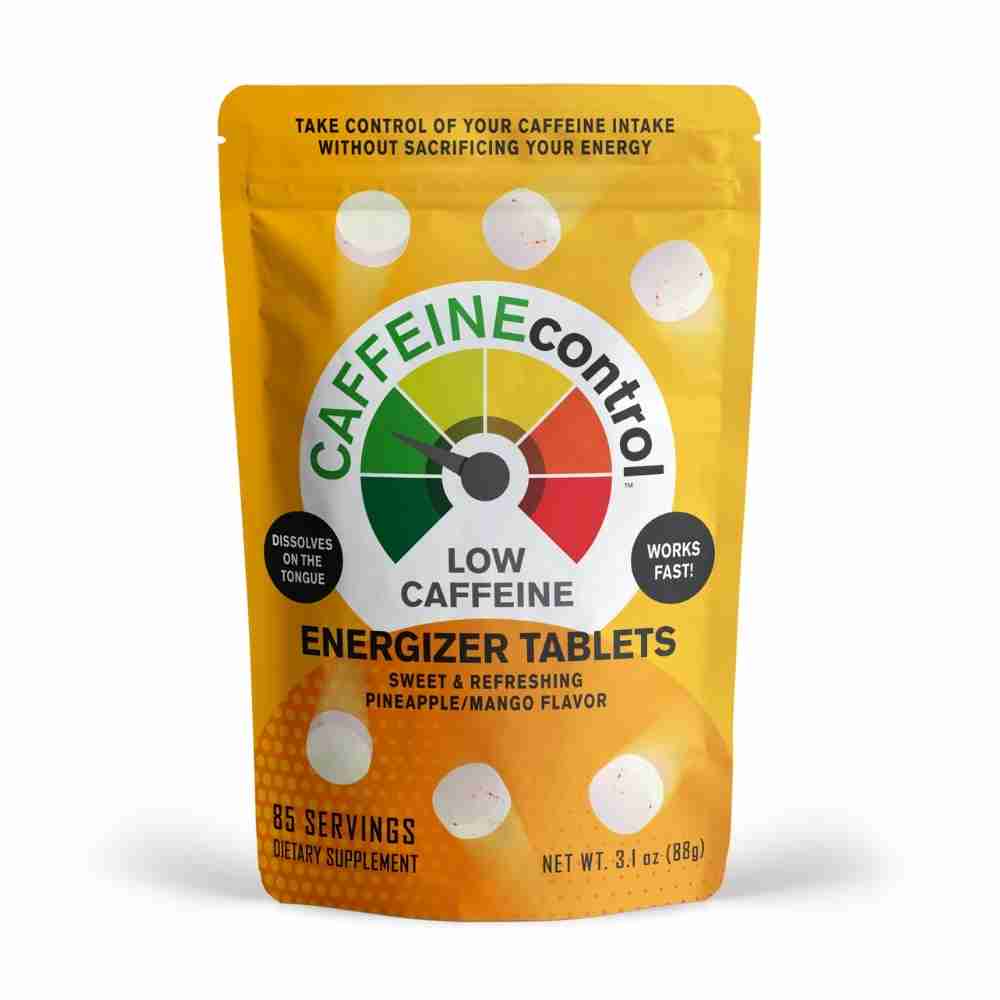
The Great Caffeine Hoax
Caffeine is the drug of choice around the world. Yes, I said it. It’s not a popular fact, but caffeine is a drug. It seems all cute and glamorous, packaged in to-go cups at your local drive-thru, but it is, in fact, a drug. And it’s a drug we are all abusing. It has taken over the daily lives of almost 90% of the adult population who can’t imagine starting the day without it.
Don’t believe me? Search “the most widely used psychoactive drug in the world.”
Believe me now?
Caffeine is everywhere. It’s not just coffee. There are energy drinks, soda, candy, tea, green tea, guarana, yerba mata, chewing gum, breath mints. And the list goes on.

Caffeine a naturally occurring substance found in the leaves, seeds, or fruits of more than 60 plants.
We consume it perk up in the morning but it’s actually a misconception that it gives us energy. Caffeine is a central nervous system stimulant. It triggers the body to produce adrenaline (the same thing your body does when scared).
How long coffee takes to work depends on how you consume it. Coffee takes up to 50 minutes because you need to wait for it to be digested in the stomach and metabolized before moving on to the brain.
Coffee is actually one of the slowest ways to get a caffeine fix. And the perfect way to overconsume it and get hooked. Because you are waiting for digestion, it is easy to consume more than you need. That works out really well for the coffee companies. They love having people hooked on their products. That’s what has helped them grow into a $82 million a year industry with expected growth over 4% a year.
The global pandemic didn’t even slow down coffee consumption, it just moved it home for a while but people quickly lined back up at their local coffee shops as soon as businesses opened again.
While we are overconsuming caffeine, the best way to consume caffeine is actually in small amounts that work quickly. This will trigger the best of coffee’s benefits: positive mood effects include increased well-being, happiness, energetic arousal, alertness, and sociability.
But when you overconsume caffeine that’s when the negative effects of caffeine kick in: anxiety, nervousness, jitteriness, and sleeplessness.
Caffeine Anxiety
Caffeine can’t cause anxiety. But if you are sensitive to anxiety, caffeine can make it worse.
Some studies have shown that increased anxiety ratings and panic attack episodes usually happen at 200 mg consumption or more in the general population. Individuals who already have panic and anxiety disorders are even more sensitive to the effects of caffeine.
It has also been long established that caffeine has a significant effect on the ability to sleep and the quality of sleep. Caffeine can make it hard to fall asleep and also reduce the total time you spend asleep and the quality of your sleep.
Many people will say no afternoon caffeine but the reality is it depends on your sensitivity to caffeine how it will impact your sleep. For some people, even your morning coffee might have an impact on your sleep quality. Especially if you drink it every day. But for others who have built up more tolerance, you might find caffeine makes you feel sleepy just to drink it.
Caffeine Intoxication
Caffeine intoxication is the group of symptoms that arise in response to increased consumption of caffeine. It is even possible to overdose and die on caffeine.
The signs of caffeine intoxication are extreme excitement, insomnia, rambling flow of thought and speech, gastrointestinal upset, tremors, tachycardia, diuresis, muscle twitching, periods of inexhaustibility, and psychomotor agitation. It can get so bad that patients with caffeine intoxication having fever, irritability, tremors, sensory disturbances, tachypnea, and headaches.
That must be a lot of caffeine you say. Actually, the symptoms can be experienced at more than 500m of caffeine (that’s basically a quad espresso available on the reader board of your local coffee shop). If that’s all it takes to trigger this why aren’t people dropping over left and right? Because they are used to caffeine.
That’s actually the reason you get hooked to begin with. As you build up a tolerance to all the caffeine you are putting in your body, you need more and more just to feel like you are awake and alert.
That’s why your co-worker can be bright and alert after one cup but you are struggling after your 3rd. For caffeine to really work, you can’t be caffeine addicted. Being addicted to caffeine means it won’t work as effectively for you. You have built up a tolerance for the chemical.
How do you get caffeine to work for you again? You have to beat your caffeine addiction. You don’t have to give up coffee. But you do need to get to the point where you are moderately consuming so you get the full benefits you started drinking caffeine for.
Reducing Caffeine Can Be Easy
Cut back on caffeine without caffeine withdrawal or brain fog.
Faster and easier than anything you tried before.
Learn more at https://caffeinecontrol.com
